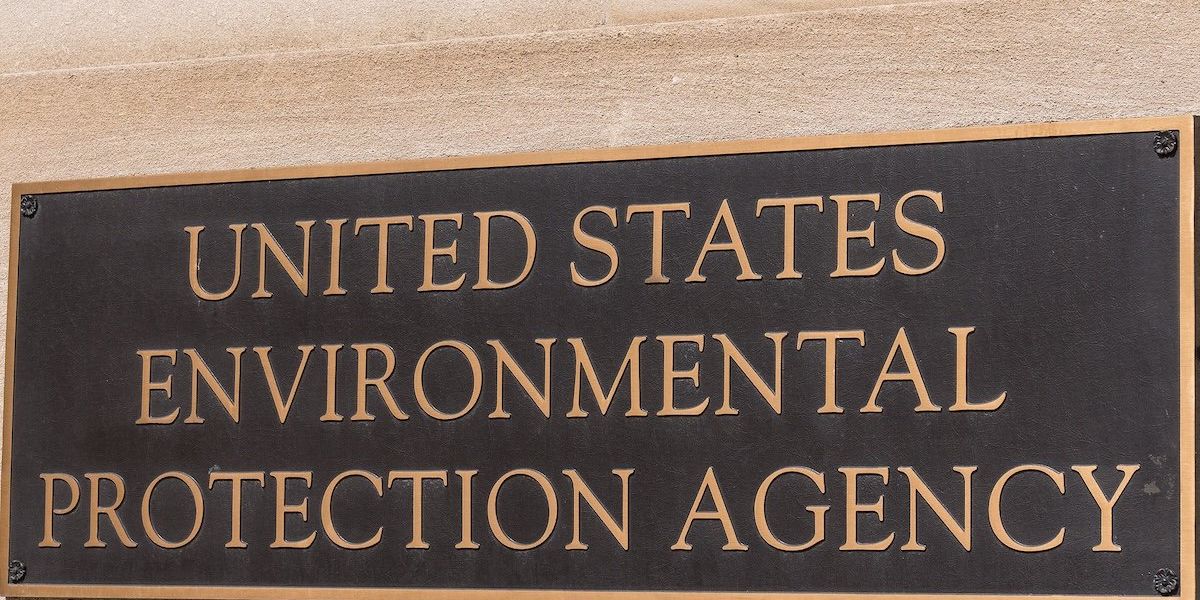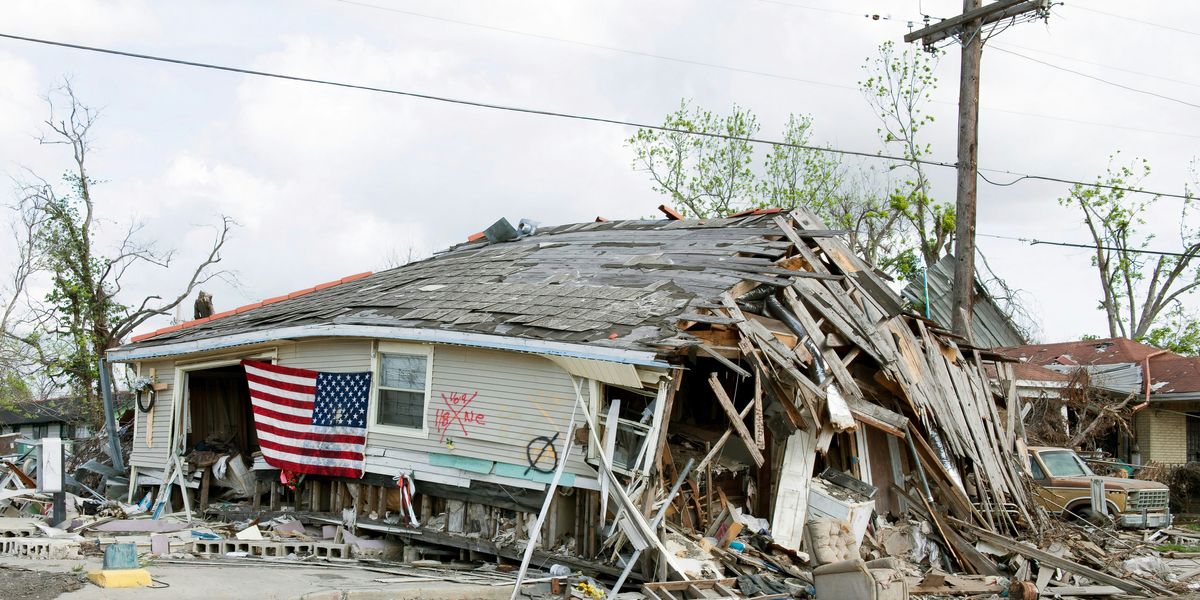permits
Republicans push bill to speed energy project approvals
A Republican-led bill aims to streamline environmental reviews and restrict legal challenges to fast-track U.S. energy projects amid ongoing bipartisan talks in Congress.
In short:
- Rep. Bruce Westerman (R-Ark.) released a draft bill to shorten environmental reviews and limit court challenges.
- The bill restricts the definition of environmental impacts and limits courts from halting projects unless actual harm is proven.
- Critics warn it could exclude key climate impacts from reviews, especially regarding fossil fuel emissions.
Why this matters:
Streamlining permits for energy projects could speed up development, but narrowing environmental reviews may overlook long-term climate consequences, particularly related to fossil fuels.
Related: Texas companies skirt federal environmental laws with permit loopholes
Colorado Senate dismisses a proposal to halt new oil and gas projects by 2030
A bid to end oil and gas drilling by 2030 fails after a marathon session in Colorado's Senate Agriculture and Natural Resources Committee
In short:
- Despite amendments to soften its impact, Senate Bill 24-159, aimed at ceasing new oil and gas permits by 2030, was voted down by Colorado senators.
- The bill faced strong opposition from both the oil and gas industry and some environmental groups, casting doubt on its viability.
- The proposed legislation sought to reconcile Colorado's aggressive clean energy goals with its flourishing fossil fuel production but was criticized for potential economic and educational funding impacts.
Key quote:
"We get the pollution, and the oil and gas corporations get the profit."
— Sen. Sonya Jaquez Lewis, a sponsor of SB-159
Why this matters:
New oil and gas permits raise concerns among environmental advocates and community members about the potential consequences for air and water quality, as well as the exacerbation of climate change. With the surge in permit approvals, questions arise regarding their impact on Colorado's emission targets and commitments to combatting global warming.
In 2022, Colorado became the first state to ban the use of PFAS in the extraction of oil and gas.
















